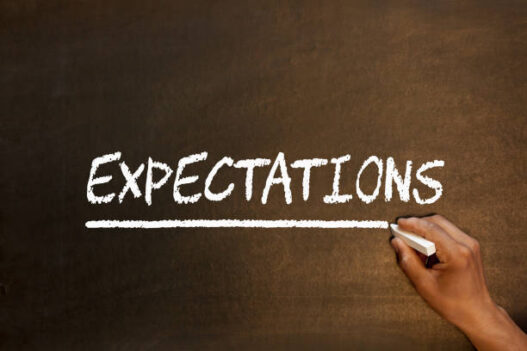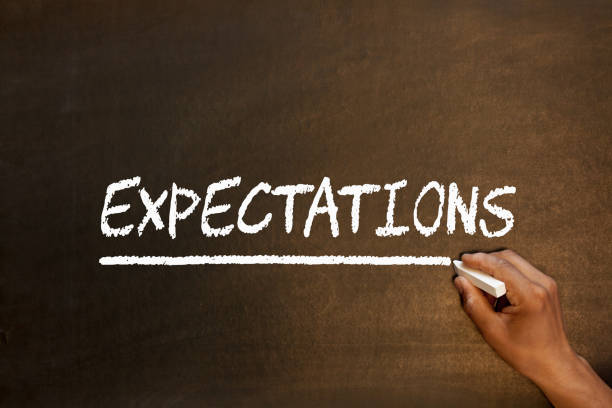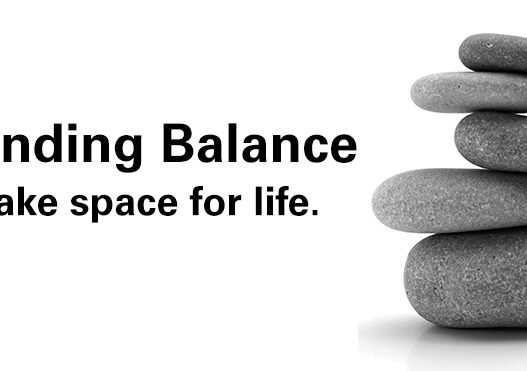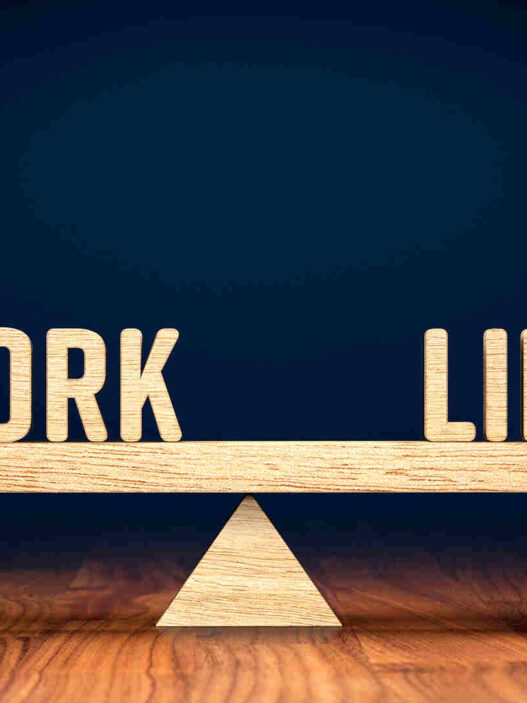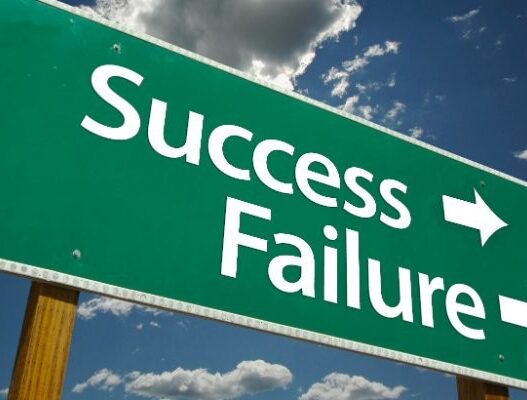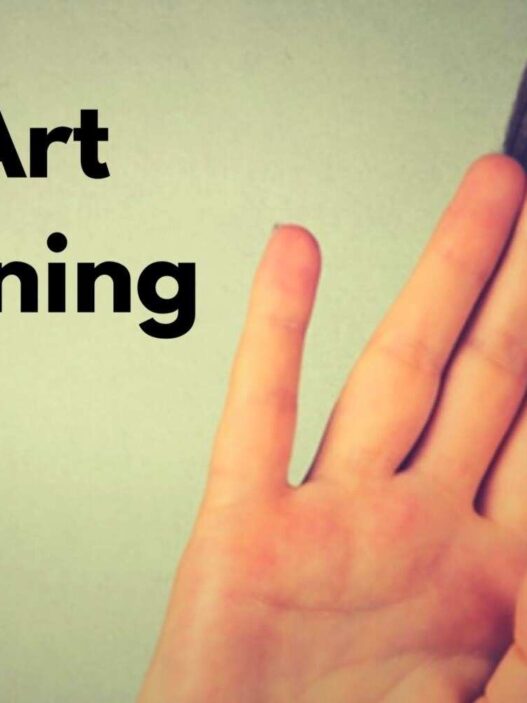In a world driven by goal-setting, ambition, and constant self-improvement, expectations play a central role in how we navigate life. They influence our emotions, relationships, and even our sense of self-worth. But what if the very act of setting expectations paradoxically undermines our ability to achieve happiness and fulfillment? Welcome to the paradox of expectation—a concept that explores how the things we anticipate can both inspire and imprison us.
This blog delves into this intriguing phenomenon, examining its psychological roots, societal implications, and strategies for harnessing expectations without falling victim to their paradoxical traps.
What Is the Paradox of Expectations?
At its core, the paradox of expectations refers to the tension between what we anticipate and the reality we experience. The more specific or lofty our expectations, the greater the likelihood that reality will fall short. Ironically, this often leads to disappointment, even when outcomes are objectively positive.
For instance, consider the experience of watching a hyped movie. If your expectation are sky-high, even a great film may feel underwhelming simply because it didn’t match the exaggerated image you had in mind. Conversely, going in with no expectation may result in a surprisingly delightful experience.
This paradox isn’t just limited to entertainment; it extends into personal relationships, career ambitions, and even our day-to-day encounters.
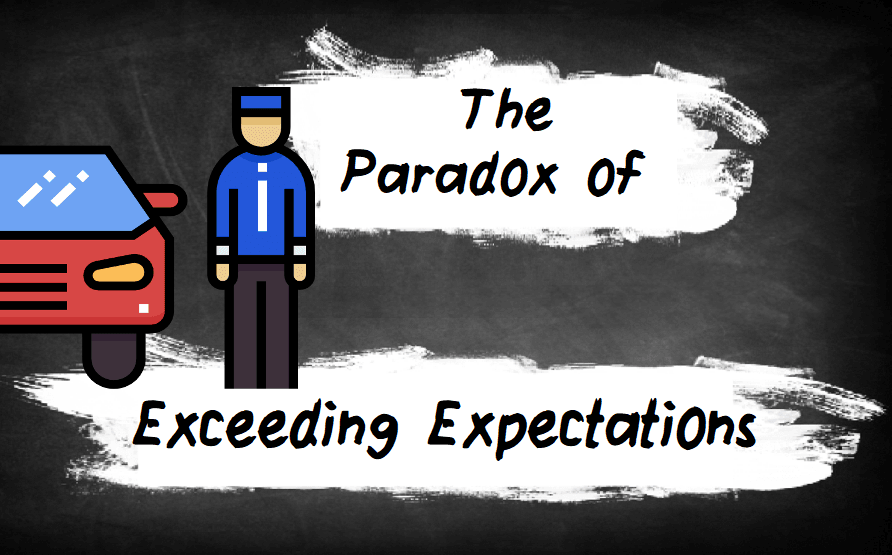
The Psychology Behind Expectations1. The Anticipation Effect
When we anticipate a positive outcome, our brains release dopamine, the “feel-good” neurotransmitter. This creates a sense of pleasure and motivation, encouraging us to pursue the desired outcome. However, this dopamine surge is often tied to the expectation itself rather than the outcome, which can lead to a letdown when reality doesn’t deliver the same emotional high.
2. Loss Aversion
Humans are wired to avoid losses more than to seek equivalent gains. When our expectation aren’t met, the emotional response often mirrors that of experiencing a loss. This amplifies disappointment, even if the final result is neutral or mildly positive.
3. Confirmation Bias
We subconsciously seek evidence that aligns with our expectations. If we anticipate failure, we’re more likely to interpret ambiguous events as negative, perpetuating a cycle of self-fulfilling prophecies.
Societal Expectations and the Modern Dilemma
Social media, advertising, and cultural narratives fuel a relentless pursuit of perfection, from flawless appearances to idealized career trajectories. The result? An epidemic of dissatisfaction.
The Role of Social Media
Platforms like Instagram and TikTok showcase curated versions of reality, leading to unrealistic comparisons. These comparisons heighten our expectations for our own lives, relationships, and achievements, often setting us up for disappointment.
Cultural Narratives and “Success”
Societies often define success in narrow terms—wealth, status, or accomplishments. When individuals internalize these benchmarks, they may feel unfulfilled even after achieving their goals if those goals don’t align with their intrinsic values.
The Double-Edged Sword
Expectations aren’t inherently negative. In fact, they’re crucial for motivation, goal-setting, and progress. The problem arises when they become rigid, unrealistic, or disconnected from our values.
Benefits of Healthy Expectations
- Motivation: Expectations give us something to strive for, fueling perseverance and effort.
- Clarity: Setting expectations helps us define what we want, leading to better decision-making.
- Resilience: When balanced, expectations can help us recover from setbacks by keeping us focused on long-term goals.
Drawbacks of Unrealistic Expectations
- Disappointment: Overestimating outcomes increases the risk of feeling let down.
- Stress: High lead to anxiety and burnout, particularly when they’re tied to external validation.
- Strained Relationships: Placing excessive expectations on others can lead to misunderstandings and conflict.
Breaking Free from the Paradox
How can we navigate the paradox of without falling into its traps? Here are actionable strategies for maintaining balance and fostering fulfillment:
1. Practice Mindfulness
Mindfulness helps us focus on the present moment rather than fixating on future outcomes. By cultivating awareness, we can temper our expectations and appreciate reality as it unfolds.
2. Adopt a Growth Mindset
A growth mindset encourages viewing challenges as opportunities for learning rather than setbacks. This reduces the sting of unmet fosters resilience.
3. Set Flexible Goals
leave little room for adaptation. Instead, set goals that allow for flexibility and exploration. For example, aim to “improve fitness” rather than “lose 10 pounds in 30 days.”
4. Detach from Outcomes
Detaching from outcomes doesn’t mean giving up on goals—it means focusing on the process rather than the end result. This shift reduces pressure and enhances satisfaction.
5. Redefine Success
Align your expectations with your personal values rather than societal benchmarks. Success is deeply personal, and redefining it can lead to greater fulfillment.
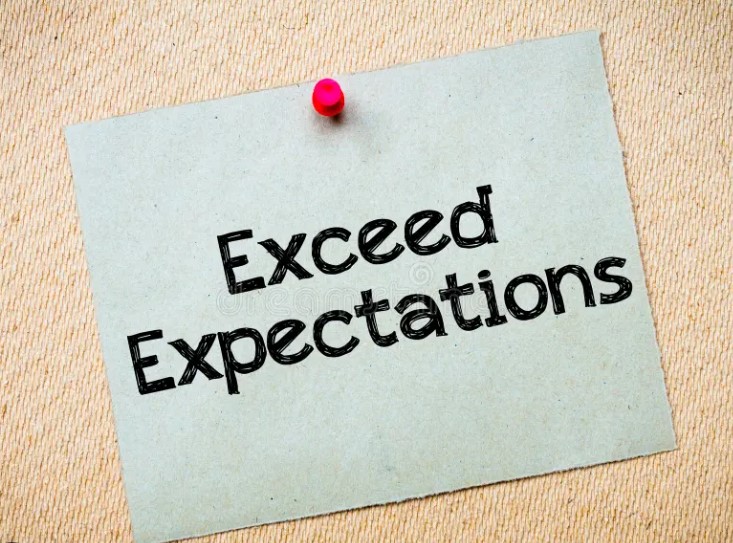
Case Study: The Paradox in Action
Imagine a young professional, Alex, who aspires to land their dream job at a prestigious company. Alex pours countless hours into preparing for the interview, imagining every detail of their new role. When they finally secure the position, however, they find the reality doesn’t match the dream. The work is stressful, the culture is cutthroat, and the joy they anticipated is fleeting.
This scenario illustrates the paradox: The higher Alex’s anticipation, the more likely they were to experience disappointment, even in a situation many would envy.
By tempering expectations and embracing the unknown, Alex might have approached the opportunity with a more open mind, leading to greater adaptability and satisfaction.
Why Understanding the Paradox Matters
The paradox of expectations isn’t just a psychological quirk; it’s a lens through which we can understand our struggles with happiness, motivation, and self-worth. By acknowledging and addressing this paradox, we can:
- Enhance Well-Being: Reducing unrealistic expectations fosters gratitude and contentment.
- Improve Relationships: Balancing expectations in relationships prevents unnecessary conflicts and fosters empathy.
- Achieve Sustainable Success: Flexible, value-driven expectations lead to long-term fulfillment.
Conclusion: Embrace the Uncertainty
The paradox of expectations challenges us to rethink how we approach goals, relationships, and life itself. While aspirations and dreams are essential, they should serve as guiding lights rather than rigid blueprints.
By embracing uncertainty and cultivating mindful awareness, we can strike a balance between striving for a better future and appreciating the present moment. In doing so, we free ourselves from the tyranny of unmet expectations and open the door to unexpected joys.
As you move forward, consider this: What expectations are holding you back? And how might your life change if you let them go?
Let the paradox of expectations be your invitation to a more liberated, fulfilling way of living.







